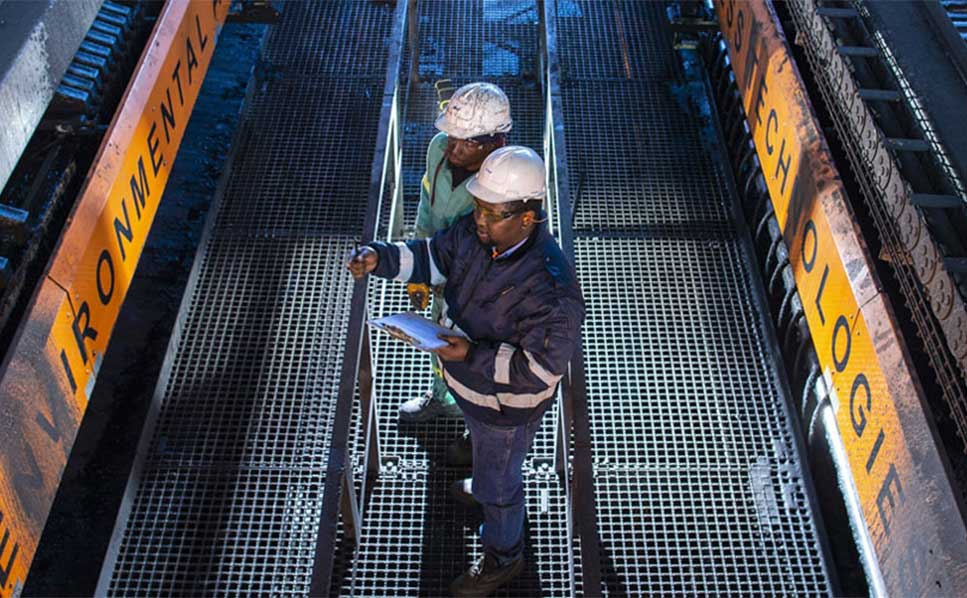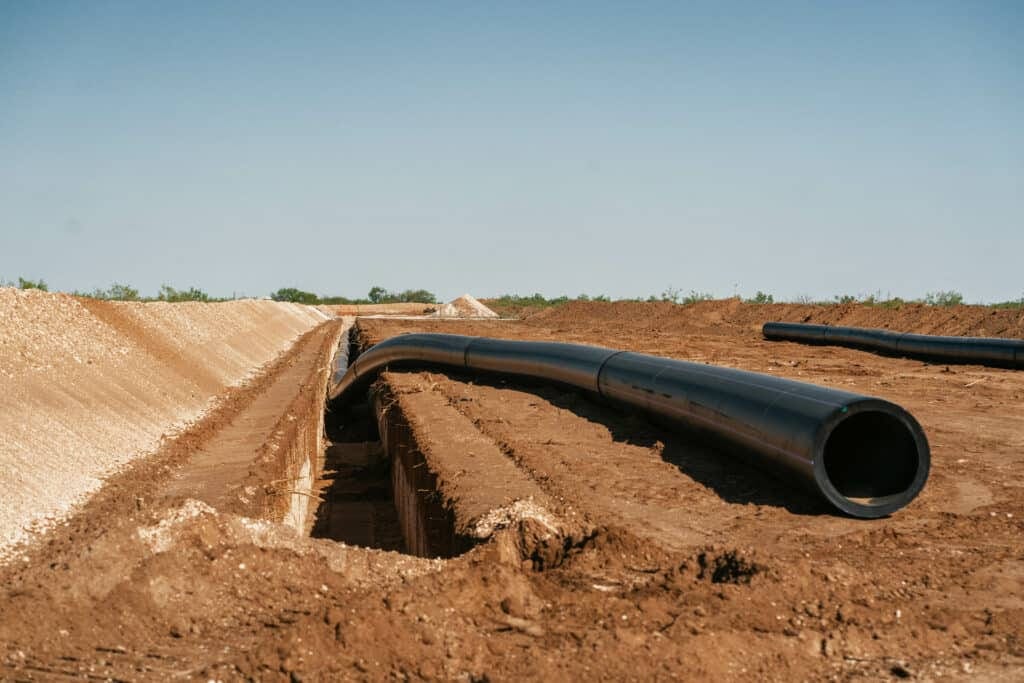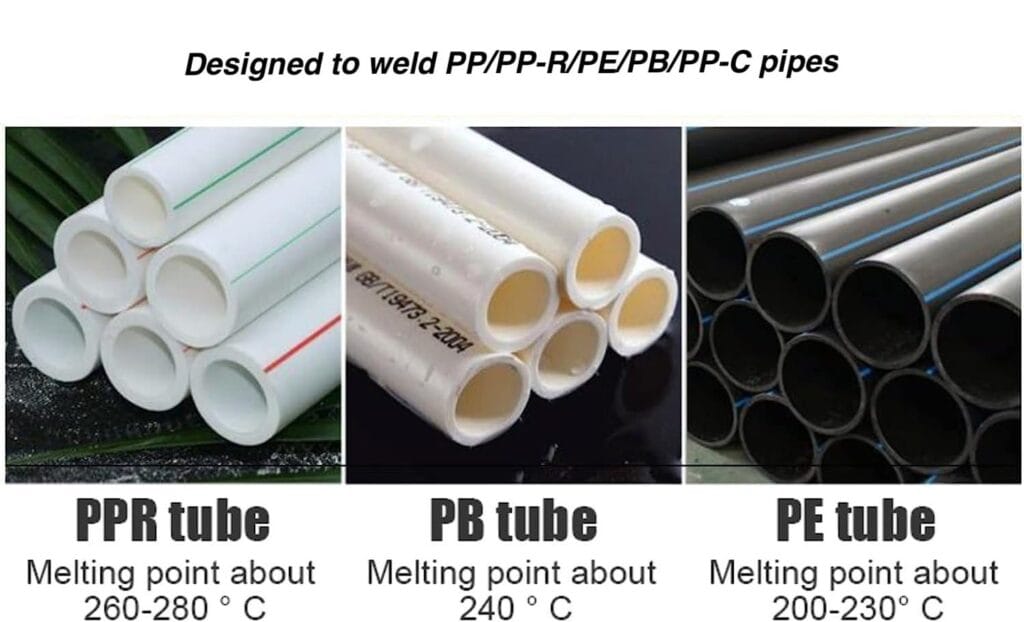
Responsibilities of Mining Engineers
The responsibilities of mining engineers encompass various stages of mining project development, from exploration to production. These responsibilities can be categorized into several key areas:
- Project Planning and Feasibility Studies:
Mining engineers conduct detailed feasibility studies to assess the economic viability of mining projects. They analyze geological data, ascertain the presence and quantity of minerals, and evaluate the costs associated with extraction and processing. This phase also includes environmental assessments to ensure compliance with legal and environmental standards. - Design and Development:
Once a project receives approval, mining engineers are responsible for designing the mine layout. This includes selecting the appropriate mining method (e.g., open-pit, underground, or placer mining) and optimizing the extraction process to maximize efficiency. They also focus on developing safety protocols and designing necessary infrastructure, such as access roads and processing plants. - Operational Oversight:
During the production phase, mining engineers oversee the operations to ensure that the extraction and processing of minerals are carried out as planned. This involves monitoring the performance of machinery, managing mining personnel, and implementing new technologies to enhance production processes. Continuous assessment of project performance is crucial, and mining engineers must respond to any operational challenges or safety issues promptly. - Safety and Environmental Management:
Safety is paramount in the mining industry, and mining engineers are responsible for implementing safety measures to protect workers and minimize risks. They conduct regular safety training, assess hazardous conditions, and devise strategies to mitigate environmental impacts. Environmental management is increasingly important, and mining engineers design plans to rehabilitate mined land and reduce pollution. - Compliance and Reporting:
Mining engineers must ensure that all operations comply with governmental regulations and industry standards. This entails regular reporting to regulatory bodies and stakeholders about progress, challenges, and environmental impact assessments.

Skills Required for Mining Engineers
The role of a mining engineer demands a diverse set of technical and soft skills. These skills include but are not limited to:
- Technical Expertise:
Mining engineers should have an in-depth knowledge of geology, mining methods, mineral processing, and environmental engineering. Proficiency in computer-aided design (CAD) software and simulation tools is also essential to create precise designs and models of mining operations. - Problem-Solving Abilities:
The mining landscape is often fraught with complexities and unexpected challenges. Therefore, effective problem-solving abilities are crucial. Mining engineers must analyze issues critically and develop innovative solutions to improve operational efficiency and safety. - Project Management Skills:
Mining projects often involve multidisciplinary teams and big budgets. Strong project management skills are necessary for coordinating various aspects of the project, keeping it on schedule, and within budget while meeting safety and regulatory standards. - Communication and Leadership:
Mining engineers must communicate effectively with a diverse group of stakeholders, including project managers, geologists, regulatory agencies, and mining personnel. They need to convey technical information in an understandable manner for effective collaboration. Leadership skills are vital for managing teams, ensuring safety standards, and driving projects toward completion. - Analytical Skills:
Mining engineers rely on data analysis to inform decision-making. They must interpret geological studies, economic reports, and operational data to make informed recommendations and modifications to mining processes.
Workflow of Mining Engineers
The workflow of mining engineers is highly structured yet adaptable to the unique demands of each mining project. Below, we outline a typical workflow incorporating the aforementioned responsibilities:
- Exploration Phase:
- Conduct geological surveys and research to locate potential mineral deposits.
- Perform preliminary feasibility studies to determine the viability of the project.
- Design and Planning Phase:
- Develop detailed mine plans and layouts, including safety and environmental impact considerations.
- Select appropriate mining techniques and prepare cost estimates.
- Development Phase:
- Oversee the construction of mining facilities and infrastructure.
- Implement safety measures and ensure that all relevant certifications and permits are in place.
- Production Phase:
- Supervise daily operations, monitor production, and ensure compliance with safety and environmental regulations.
- Optimize processes and implement technological advancements to improve efficiency.
- Closure and Reclamation Phase:
- Develop and supervise the implementation of mine closure and land reclamation plans.
- Conduct post-mining assessments and environmental monitoring to ensure compliance with regulations and community standards.
Conclusion
Mining engineers play an indispensable role in the sustainable and efficient extraction of minerals. Their expertise, characterized by a blend of technical knowledge, project management skills, and an unwavering commitment to safety and environmental stewardship, is vital to the success of mining projects. As the industry continues to evolve with advancements in technology and a heightened focus on sustainability, the role of mining engineers will remain crucial in navigating the complexities of modern mining operations. Aspiring mining engineers should cultivate a diverse skill set and embrace continuous learning to thrive in this dynamic field. dcpipe pipeline expert

